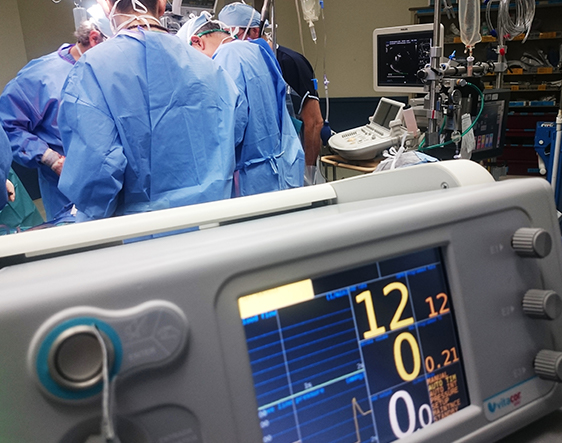If recommendations from a leading independent Health Research Group were implemented to increase NHS funding they would impact all UK taxpayers. Contributor Robert Pullen, Director – Blick Rothenberg.
The Institute for Fiscal Studies and Health Foundation has said that the NHS will need an extra 4 percent a year – or £2,000 per UK household – for the next 15 years and that the only realistic way this could be paid for is by tax rises.
Robert Pullen, Director at Blick Rothenberg said “We have calculated the impact for an employed worker who is not at retirement age. It would mean extra tax of £892 for someone on £25,000 (3.5 percent effective tax rate) up to £11,747 for someone on £200,000 (5.9 percent effective tax rate).”
It is potentially worse as the tax brackets increase, Robert said: “For the £25k earner, that equates to £17 per week or £74 per month and for the £200k earner £226 and £979 respectively.”
This proposal would not just make the cost of living difficult for UK tax payers but by increasing taxes could make the UK less attractive to internationally mobile individuals – the rates becoming 23 percent, 43 percent and 48 percent, and when you add in NIC, which is now seen as another tax by another name, that becomes 38 percent, 48 percent and 53 percent (the figures are very broad, as it is difficult to effectively calculate a combined rate for income tax and NIC).”
Robert said: “For incomes between £100k and £125k, the effective tax rate is 68 percent.” Given the impact the tax increases would have on average households, alternative solutions may need to be explored. One option could be a more modest 1 percent increase in the rate of income tax
He added: “We calculated, using HMRC statistics, that if income tax rates were increased by 1 percent then in the tax year 2016/17 an extra £4.2bn could be generated. The NHS budget in 2016/17 was around £122bn, and so this increase could meet the majority of the additional 4 percent budget required”.







